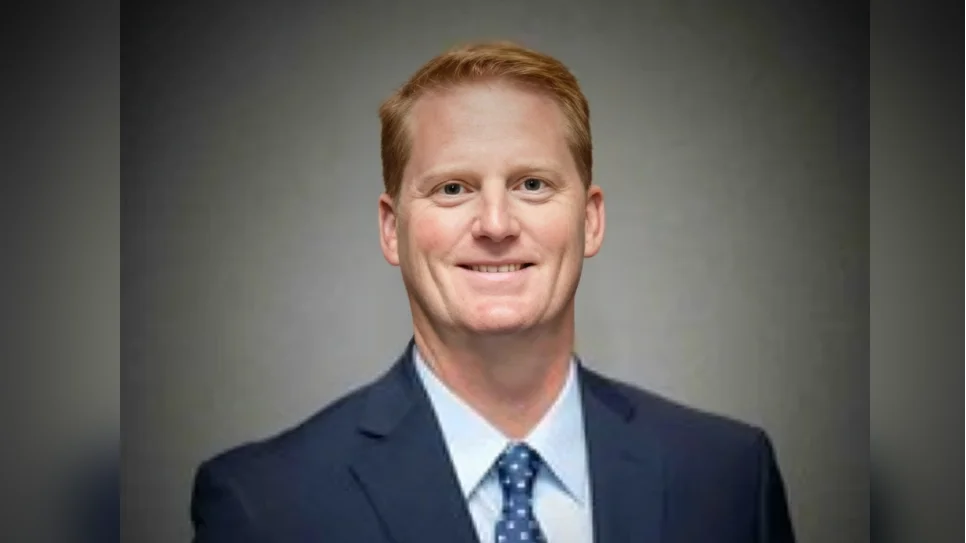Dan Murray Kansas State Director NFIB | Official Website
Dan Murray Kansas State Director NFIB | Official Website
The National Federation of Independent Business (NFIB) Small Business Optimism Index increased by 1.7 points in July, reaching 100.3 and surpassing the 52-year average of 98. The rise was mainly attributed to more small business owners reporting improved business conditions and viewing it as a good time to expand their operations.
However, the Uncertainty Index also rose, climbing eight points from June to reach 97. Labor quality remained a significant concern, with 21% of small business owners identifying it as their top issue—an increase of five points from the previous month.
“Optimism rose slightly in July with owners reporting more positive expectations on business conditions and expansion opportunities,” said NFIB Chief Economist Bill Dunkelberg. “While uncertainty is still high, the next six months will hopefully offer business owners more clarity, especially as owners see the results of Congress making the 20% Small Business Deduction permanent and the final shape of trade policy. Meanwhile, labor quality has become the top issue on Main Street again.”
NFIB State Director Dan Murray noted that members are feeling cautiously optimistic despite ongoing challenges: “Despite lingering uncertainty and difficulty hiring qualified workers, our members are feeling more hopeful,” Murray said. “There’s no question that making the 20% Small Business Deduction permanent has played a major role in boosting Main Street’s optimism. Ideally, we will begin to see improvement in the overall business environment and more small business owners expand their operations.”
State-specific data was not available for this report. Key findings show an uptick in reported overall business health: 13% described their businesses as excellent (up five points), while 52% rated them as good (up three points). Reports of fair or poor health declined compared to June.
Reports of poor sales as a primary problem increased slightly to 11%, marking its highest level since February 2021. Expectations for better future business conditions rose sharply by 14 points to a net 36%. Sixteen percent considered it a good time to expand—a five-point jump from June.
Inflation concerns held steady at 11%, unchanged from June’s lowest reading since September 2021. Owners expecting higher real sales volumes dropped one point from June to a net six percent, which remains below historical averages.
Plans for capital outlays saw modest growth: twenty-two percent indicated intentions to invest over the next six months—one point higher than June but still below long-term averages.
According to NFIB’s monthly jobs report, about one-third (33%) had job openings they could not fill in July—the lowest level since December 2020 but above historical norms. Most employers hiring reported few or no qualified applicants; fourteen percent plan new hires soon.
Labor costs were cited less frequently as a main problem compared with June, falling one point to nine percent. Fewer owners reported raising compensation or planning future increases.
Fifty-five percent made capital outlays recently—five points up from last month—with spending directed toward equipment purchases (38%), vehicles (23%), facility improvements or expansions (15%), fixtures/furniture (12%), and land/buildings (5%).
Sales trends weakened somewhat: a net negative nine percent reported higher nominal sales over three months—a four-point drop from June—and inventory gains stayed flat at net negative eight percent.
A greater share plan price hikes even though fewer actually raised prices last month; these indicators suggest inflationary pressures persist above historical levels.
Profit trends remained negative overall; among those seeing lower profits, most blamed weaker sales or rising material costs while others cited labor expenses or product price changes.
Concerns about financing grew slightly but remain low historically; regular borrowing fell marginally along with reports of tighter loan access and higher rates paid on recent loans matching long-term averages.
Taxation ranked second among owner concerns at seventeen percent while government regulation issues dropped slightly; competition from larger businesses was less commonly cited than before.
The NFIB Research Center has tracked these economic trends through surveys since the early seventies using random samples drawn from its membership base across quarterly and monthly intervals.




 Alerts Sign-up
Alerts Sign-up